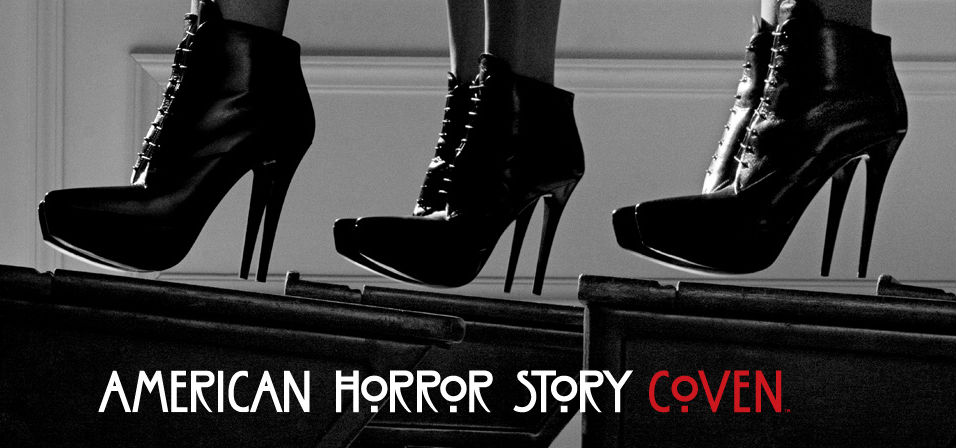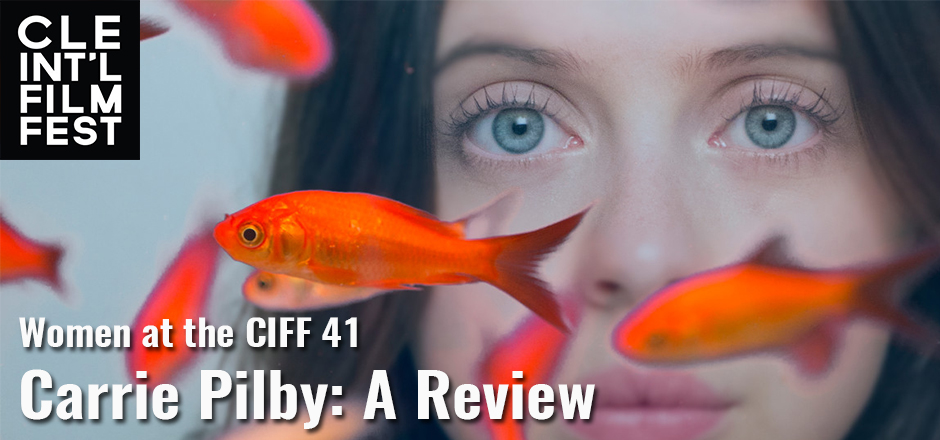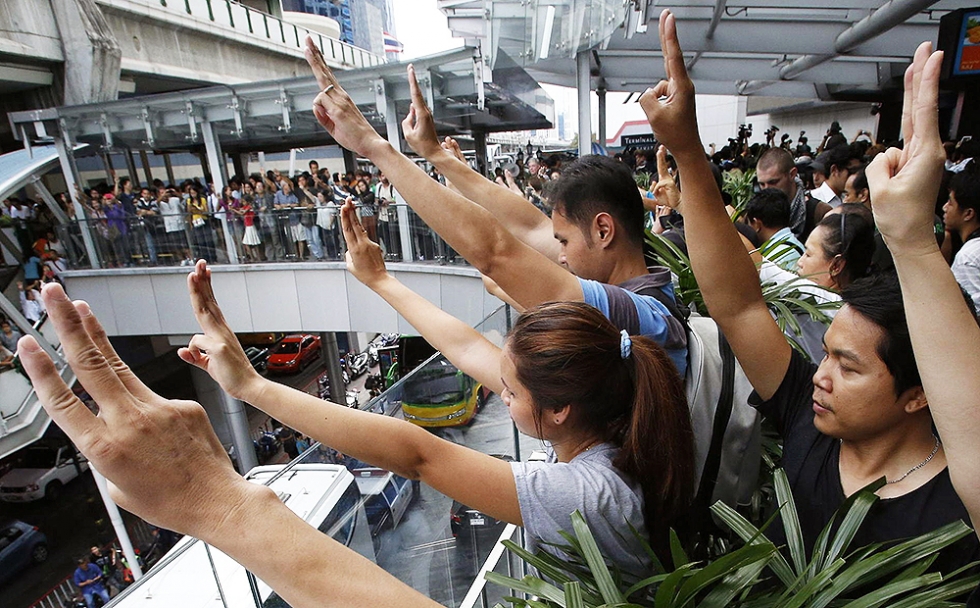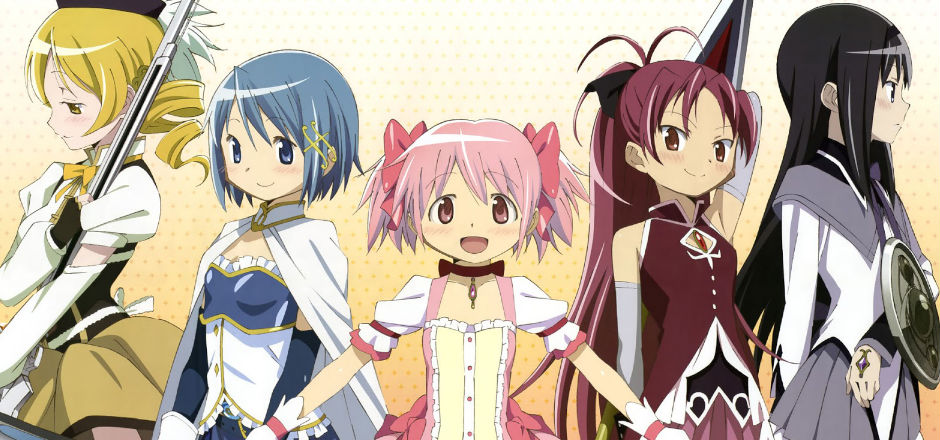Warning! This article contains spoilers for the season finale of American Horror Story: Coven.
I’ve mentioned before how I let myself get prematurely excited about Coven, the latest season of American Horror Story, only to get burnt as the season progressed due to its abysmal treatment of race and gender and its central, half-baked metaphor in which witches are purported to be representative of minority groups.
While Wednesday’s culmination to the latest chapter in FX’s horror anthology was one of the more satisfying finales I’d seen in a while—an unpopular opinion, but it concluded the season’s narrative arc in such a way that endowed even the more frivolous characters with thematic purpose—Coven’s season was still scathing overall, leaving my hopes and dreams smoking at the stake.
American Horror Story has been gaining traction each year, and this season was no exception: Coven is currently sitting pretty as this season’s third ranked cable television drama, and its October premiere set a series record with 5.54 million viewers. It’s only natural, then, that the show—and its viewers—were exposed to massive amounts of preseason hype.
And oh, what hype it was! A star-studded cast of incredibly talented women was slowly unfurled, actual specialists were consulted, and executive producer Tim Minear announced that “while there is a strong feminist theme that runs throughout Coven this year, there are also themes of race, oppression and there is a very strong theme of family.”
Feminism! Race! Oppression! In a show traditionally as literary as AHS, and given the rest of the information about Coven that was out there, it was easy to generate lofty expectations, or, at the very least, let ourselves get a little bit excited about the new season, even if we knew we probably shouldn’t.
At least we can pat ourselves on the back for being right on one count, because, in a show known for its twists, perhaps the biggest surprise this year was that none of us were particularly surprised, bitch, after all.
Armed to the teeth with fantastic women and its (male) creators shouting “feminism!” from the rooftops, it is the season’s treatment of those women that is one of Coven’s biggest betrayals. Not only does the series’ convoluted nature result in a severe underutilization of its heavy-hitting female cast members—two-time Tony award-winner Christine Ebersole appeared in a mere handful of scenes as the mentor of Jessica Lange’s Fiona Goode—but its constant evolution—a season premieres before its final episodes are penned—leads to an early overutilization of characters like Taissa Farmiga’s earnest but unremarkable Zoe Benson. Coven’s female characters are its center of attention, certainly, but its focus is often askew, honed sharply in on their more insipid moments, relegating any sincerity to panoramas that are hazy at best, if not altogether neglected.
[blocktext align=”left”]Armed to the teeth with fantastic women and its (male) creators shouting “feminism!” from the rooftops, it is the season’s treatment of those women that is one of Coven’s biggest betrayals.[/blocktext]Just as Ryan Murphy, American Horror Story’s co-creator and regular scribe, chided that hints as to the Supreme’s identity lay in who was most dedicated to the protection of the coven, Coven’s most supreme moments lay in the purity of the relationships therein. Take, for example, AHS breakout Lily Rabe’s Misty Day: An outcast making her home in New Orleans’ bayous having been burned at the stake by her last community, Misty is desperate to find belonging. “You can’t be your best self until you find your tribe,” she announces to Zoe before making the melancholy addendum that “I’m still looking for mine,” and, in painfully small increments throughout the season, we see just that. Some of Coven’s strongest moments lie first in the infectious joy we see her share with Sarah Paulson’s Cordelia Foxx as the two isolated women find solace in each other and a mutual affinity for botany, and, subsequently, second in Cordelia’s anguish as, clutching a doomed Misty’s torpid body, she realizes there is nothing she can do to save her.
Equally strong is a scene in which Zoe, wielding a chainsaw, cuts down a horde of zombies, as is one in which, after Misty declares “we really don’t need a man to protect us,” the coven eliminates the Axeman, a murderous specter. And yet, despite all of this, Coven’s women spent the majority of the series in catfights, constantly clashing with each other.
Truly, if the sheer number of times the word “bitch” was used throughout the season’s 13 episodes is any indication, it’s an Eighth Wonder the coven didn’t destroy itself from the inside. Women are ceaselessly pitted against each other in media, and as popular culture so often does, it bleeds into reality too, as with the fallacious concepts of “other girls,” and “not being like” them. As women, we’re situated in constant opposition to one another as opposed to in a unified front. We can’t rise against oppression because we’re too busy tearing each other apart. Our oppressors don’t even need to do any of the dirty work, because we’re set up to do it to each other by design. Coven can in no universe be called a feminist show when its male creators are perpetuating such hegemonic standards.
[blocktext align=”right”]Women are ceaselessly pitted against each other in media, and as popular culture so often does, it bleeds into reality too, as with the fallacious concepts of “other girls,” and “not being like” them.[/blocktext]Where it does exist, Coven’s brand of feminism—positive, honest relationships with a healthy dose of girl power—is undoubtedly when it’s at its best. It also, however, reveals Coven at its worst: it’s treated entirely separately from the season’s issues of race and oppression. Intersectionality, it would seem, has been doomed to its own Hell in which Ryan Murphy—a white, cisgender man—asserts himself to be a speaker for all minority groups. Were it self-aware, Coven would play out like a dramatically over-the-limit tweet that would, upon reaching its conclusion, be stamped with a #SolidarityIsForWhiteWomen hashtag.
The first half of Coven’s season is dedicated to the rivalry between Fiona, who, as the Supreme, is representative of the coven, a group of witches descended from Salem’s own, and Angela Bassett’s Marie Laveau, New Orleans’ Voodoo queen. As the two take turns aggravating each other on an increasingly dangerous scale—Fiona exhumes Marie’s nemesis; Fiona beheads Marie’s former lover, a Minotaur; Marie sends zombies to attack the coven; Marie orders a witch hunter to kill the entirety of the coven—it is painfully clear that, regardless of the intention behind it, Coven’s first central rivalry has become a race war.
Moreover, the narrative itself allies the viewer with the coven from the beginning: our point of entry to the story is Zoe, and we journey with her to Miss Robichaux’s Academy in New Orleans, the coven’s home base. The majority of the screen time is dedicated to the witches of Miss Robichaux’s, and as viewers we hardly (if ever) see Marie in scenes whose purposes aren’t to supplement the storylines of the coven’s members. At least for the first half of the season, if not longer, we’re told as viewers that Marie and her fellow Voodoo practitioners, whose home base is a salon called Cornrow City, are the bad guys.
To reiterate: in a season that’s supposed to be about race and oppression, we’re told that characters of color are the bad guys.
Coven, however, at least to Ryan Murphy, is still a successful exploration of those themes: “The witches are really sort of a great allegory and metaphor for any minority group that has been persecuted and has had to go underground and, finally, is like … ‘we’re fighting back.’” If Coven’s witches are to be its minority exemplar, why are they spending their time actively oppressing not only themselves, but also other minority groups? With the exception of Gabourey Sidibe’s Queenie, why are they all white women?
Five out of the coven’s eight women are blonde. This is Ryan Murphy’s representation of minority groups. This is a show whose executive producer felt the need to separate “a strong feminist theme that runs throughout” from themes of race and oppression, because to him, feminism is not intersectional, and feminism is not about oppression.
And perhaps that is the true American Horror Story.
Hannah Pingleton is the resident LGBTQ Writer for Girls in Capes. You can find her on Twitter @hannahpings or visit her at about.me/hannahpings.






